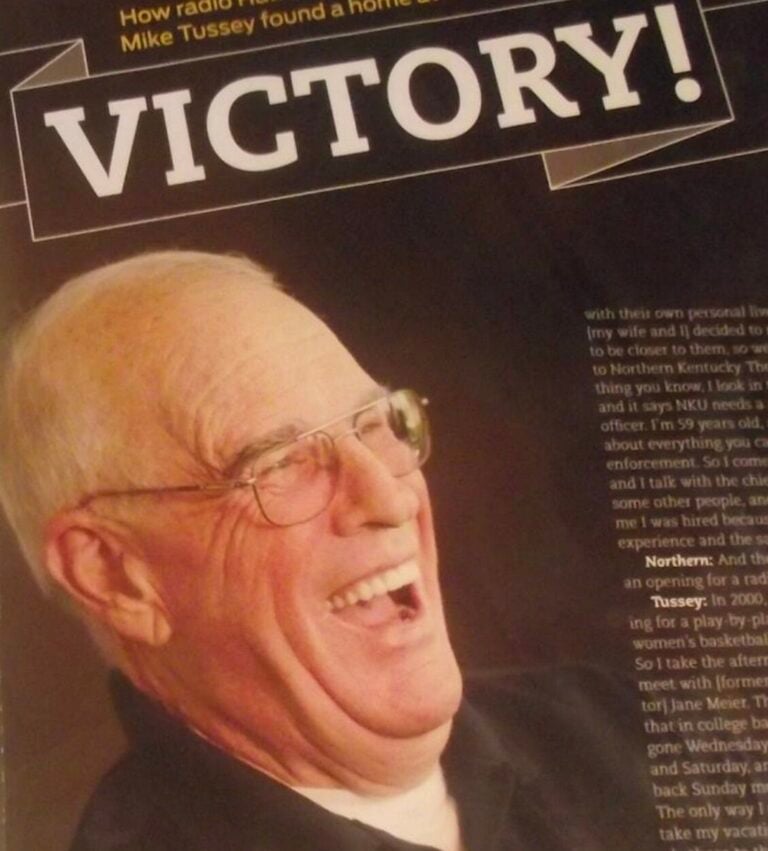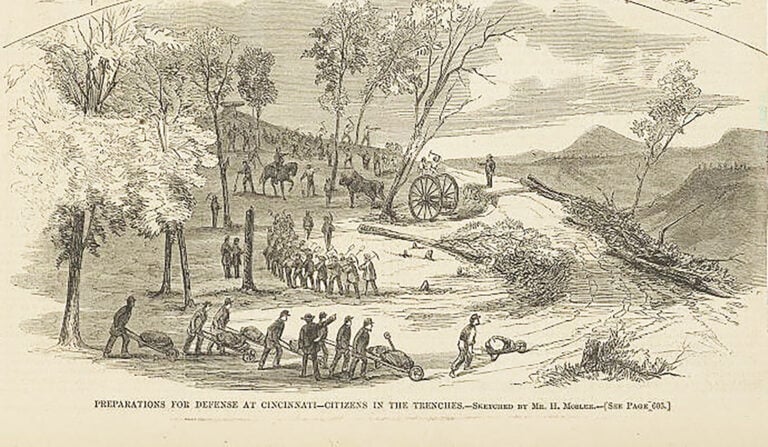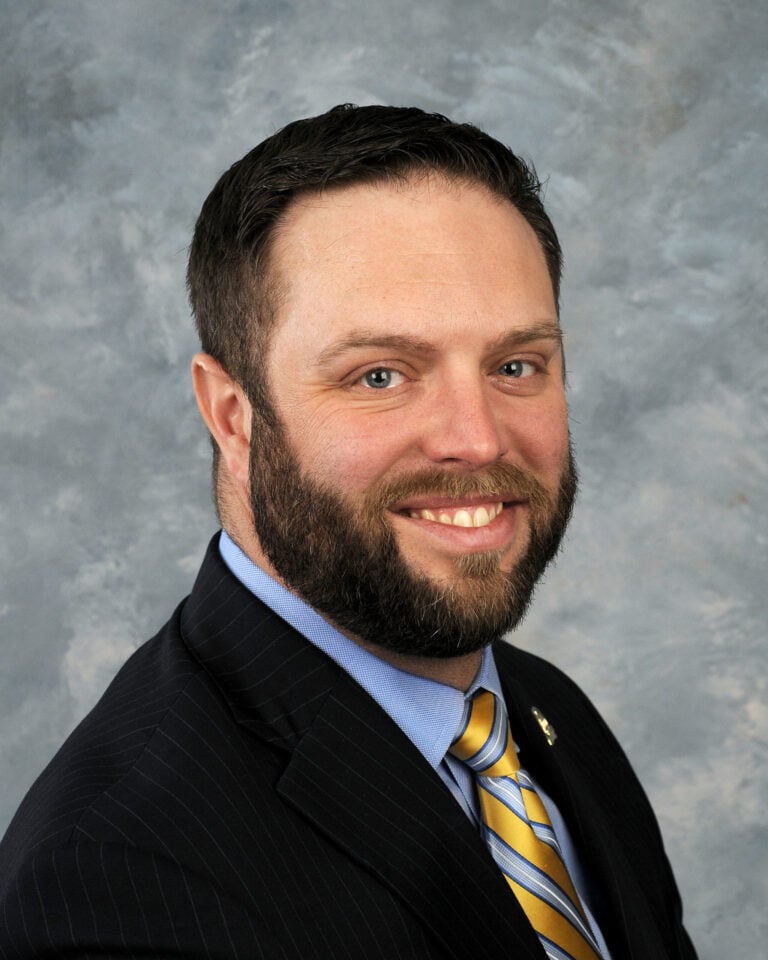By Patricia A. Scheyer
NKyTribune reporter
Kenton County Mayors gathered at the Edgewood Liberty Hall to discuss the latest information on the new legislation for medical marijuana.
“I think you may have heard in the news that the cabinet will start issuing licenses for these businesses later this year,” said Kenton County Planning and Development Services Director Sharmili Reddy. “But that still means that you have until January 1, 2025, to take some kind of action on whether you want to allow these users or not.”

This is one of the changes for HB 849 has allowed. If cities say they don’t want to allow those businesses, they cannot locate in the city.
Reddy said there is a very limited amount of licenses that will be issued in this first round which is between July 1 and August 31. There will be 10 processing licenses and 48 dispensaries across the state.
“It is not going to be an influx of medical cannabis,” she said. “They have allocated the licenses based on regions, and Northern Kentucky will have four, and that includes our seven counties as well.”
There will be no processor/producing licenses issued yet, and those are defined as a combination of cultivation and processing. There will also not be any tier four cultivation sites this round, the tier four site being a 50,000 square feet of indoor growth cultivation space.
Walton Mayor Gabe Brown asked for clarification about the indoor cultivation spaces.
Reddy said four tiers of sites for cultivation of cannabis have been approved for the entire project—tier one is 2500 square feet, tier two is 10,000 square feet, tier 3 is 25,000 square feet and tier 4 is 50,000 square feet. Those can triple if a need is shown in the future.
There are five levels of hosting medical cannabis–cultivation, processing, production, dispensary, and safety compliance facility. Cultivation needs an indoor agriculture zone, processing and production are permitted in industrial zones, and dispensary is allowed in retail area zones.
Another question was about a former rule interpretation that each city had to find a space for all five or none. Mayor Paul Meier of Crestview Hills asked if that would be a hard and fast rule for the little cities.
“I believe the general position is that if you allow one, you should allow all,” Reddy explained, “except if we have communities that just don’t allow industrial uses, or don’t have an industrial zone in their community. We think it would be legally okay for them to still consider dispensaries, if they wanted to. This is a topic to talk to your attorney about.”

Dr. Michael Reeser, who was the guest speaker, took the floor, and immediately facetiously debunked the title of ‘the weed guy’ that he heard from another table, and substituted the ‘mental health guy.’ He further explained that he is a drug recognition person, and with a military and law enforcement background, his specialty is helping first responders and PTSD.
He talked about the medications that are on the market to treat depression, anxiety, and panic, like Zoloft, Lexapro, and Xanax, among others, but the adverse reactions include dizziness, disorientation, seizures, and withdrawal can cause death, or even increase the tendency toward suicide. In comparison, medical marijuana doesn’t seem to have that severe a reaction.
“I’m not saying this will answer all the questions,” he said, “but I do think the more tools we have available to them that will improve their quality of life, and will reduce some symptoms, and give them some alternative treatments I think is going to be a good thing.”
He said one study he saw said there were more deaths from Tylenol, and he said an explanation of that would be if you took too much of anything, even water, it could be detrimental to health. Adverse reactions to cannabis can include irritability, and decrease in appetite.
Conditions that cannabis can help include epilepsy, multiple sclerosis, nausea issues, chronic pain, PTSD and cancer. He said he was just there to answer questions.
Kenton County Commissioner Jon Draud asked if it was true that marijuana increases brain power, which caused laughter.
Another question explored what form the cannabis will be offered, whether pills, gummies, or smoke.
Reddy said it has to be prescribed by a doctor or a nurse practitioner, and there can be pills, or oils and tinctures or similar products.
“The only thing the legislation prohibits is the smoking of marijuana,” Reddy stipulated.
A question was raised about how someone who is a boss would be able to deal with an employee who is taking medical marijuana, as far as if the employee is not working up to par, or is not doing the job.
Reeser said that that is one of the biggest hurdles they have to figure out. He said most medications have conditions that prohibit driving a car, or may inhibit a person’s ability to do a job, so he thought cannabis should fall in line with the other medications as far as limiting intoxication. He said this is where the Drug Recognition Expert can shine because they are specifically trained to recognize the psychoactive effects of drugs, and if employees are under the influence, they probably won’t be able to do their job. He stressed that whether a substance is legitimate is secondary to the effects of the substance preventing a person from doing their job.
As far as a person obtaining a prescription to buy cannabis, Reddy said that the entire process is so heavily regulated, that if something were to happen because a person was using that prescription, that cannabis can be traced all the way back to where it was cultivated.
Dr. Reeser agreed, saying that even now whatever serious prescription drugs a person takes is noted in a system called KASPER, a scheduled drug prescription electronic reporting system that tracks controlled substance prescriptions within the state, so he assumed that cannabis prescriptions will be tracked within that system.
Covington Mayor Joe Meyer asked if cities had to change their regulatory requirements to specifically allow cannibis dispensaries, or can they just include it in their normal health care authorizations, and Reddy said the way the legislation is written it is better to have specific allowances listed.
“What if we just do nothing?” Meyer asked. “No ‘yes’, no ‘no, let it fall. There are only going to be four licenses in all Northern Kentucky, that means there’s likely to be one license in Kenton County, and you need a dispensary close to where medical offices are, because those are going to be the prescribers. Covington has no physician offices, outside of HealthPoint on Madison and the hospital, so most of the city has no doctors to prescribe. So I am wondering why we should go through all of this effort for such a little.”
Reddy said the only drawback to that approach is if the Cabinet issues a license for someone in the city, then the city has to decide where to allow them to locate, instead of being proactive and having a framework of where they could be in the city.
Independence Mayor Christopher Reinersman reminded everyone that this is only round one, and there will likely be more rounds with more regulations, like a gift that keeps on giving.
Reddy indicated that what she needs from the cities is to let her know what they want to do, whether they say yes, they want to adopt the regulations, in which case it doesn’t have to go on the ballot, or whether they say no, in which case they will have to enact an ordinance to that effect. The third option is to enact a resolution to put the issue on the ballot in November.
She said she would like to know if the cities that say yes would like to combine efforts and have an ordinance that is the same for all of those cities, so they don’t have to duplicate work. Reddy felt that it would be good to have something together prior to September of this year.
Edgewood Mayor John Link expressed surprise at Erlanger Mayor Jessica Fette’s indication that her council was looking positively at the regulations, because he said he did not get that positive reaction from his council, and they were thinking of the possibility of recreational marijuana following after it. Fette said they had the positive conversation after Sharmili Reddy had talked to them as well as information from Dr. Reeser, and she felt like this movement is highly regulated.
Park Hills Mayor Kathy Zembrodt felt that a lot of people think that recreational marijuana would move in right after cities okayed medical marijuana. Joe Meyer quipped that he thought they already had recreational marijuana, which produced a laugh.
Nevertheless, Reddy offered to come and talk to anyone who would like her to explain things.
“We need to get the ball rolling for the majority rather than getting lost in the minutiae,” said Reinersman.


















So zone it so it can be sold at already zoned pharmacies since it’s now considered a medicine? . . . seems like that makes the most amount of sense . . .